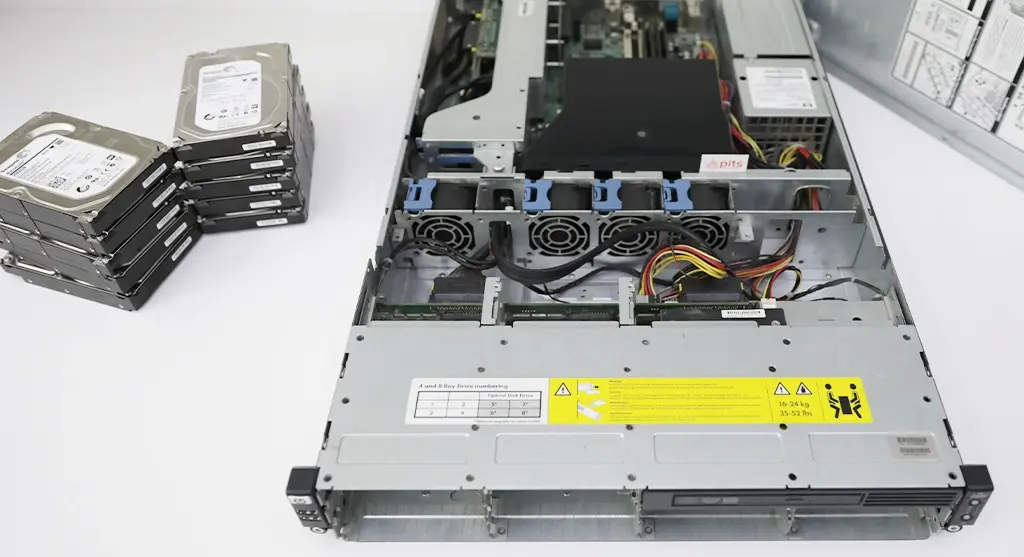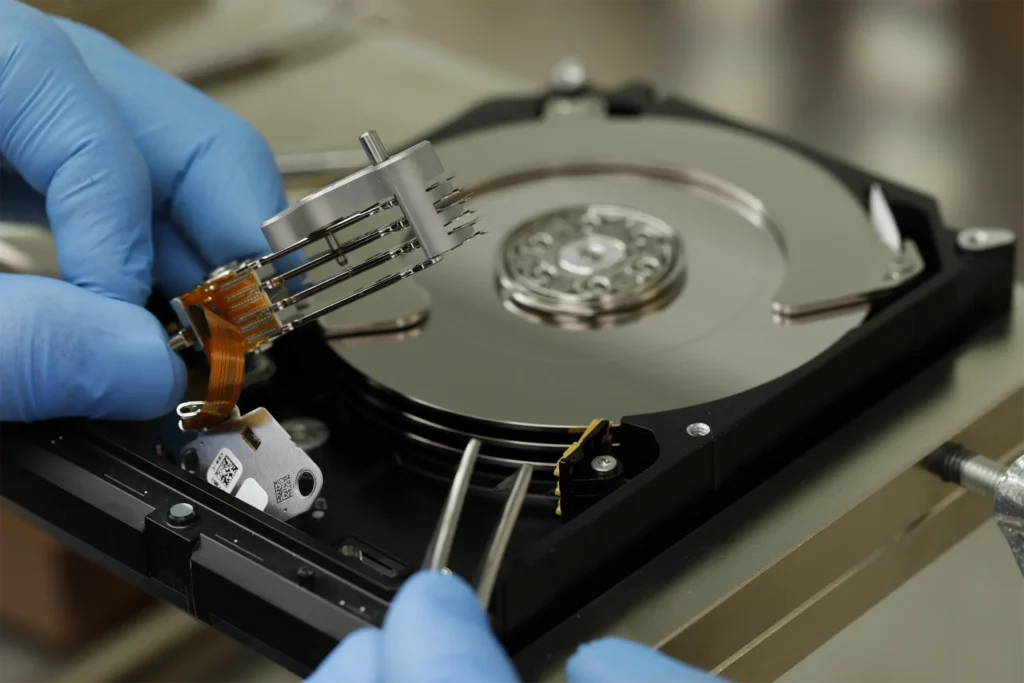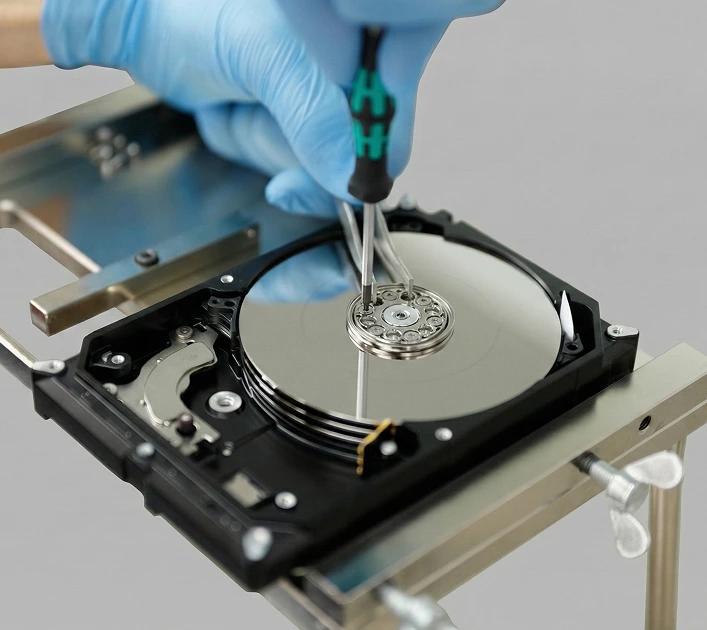Database Data Recovery Services
Experiencing database failure or corruption? We recover data from damaged, deleted, or inaccessible SQL and NoSQL databases including SQL Server, Oracle, MySQL, PostgreSQL, and more. No recovery, no fee.



Database Data Recovery for Corrupted, Deleted, or Failed Systems
Database loss can cripple operations, often without warning. Whether caused by file corruption, a failed migration, or accidental deletion, your data may still be recoverable.
At Data Recovery Services, we specialize in restoring business-critical databases for IT teams, system administrators, and enterprise environments. From SQL and Oracle to NoSQL platforms, our experts recover structured data quickly and securely.
Common Database Failures We Recover
We handle a wide range of database data loss scenarios, including:
File Corruption or Structural Damage
- Damaged or unreadable .MDF, .LDF, .DBF, .IBD, .MYD, or .FDB files
- Failed transactions or incomplete writes
- Files corrupted due to power loss, RAID failure, or OS crash
Deleted or Dropped Databases
- Accidental deletion of databases or tables
- Dropped schema or truncated records
- Data loss after restore, rollback, or human error
Storage and Server Failures
- RAID, SAN, or NAS failure impacting the database
- Corrupt virtual environments (VMware, Hyper-V)
- Storage controller issues or file system corruption
Malware, Encryption, or Ransomware Attacks
- Encrypted or locked database files
- Inaccessible backups after ransomware attack
- Deleted or damaged metadata and logs
Not sure what caused the failure? We’ll diagnose the issue and advise you on the best recovery path, quickly and confidentially.

Start Your Database Recovery Today
Lost access to your database? Whether it’s SQL, Oracle, or NoSQL, we’re ready to help. Contact us today to begin your case. Our team specializes in secure, professional database recovery and you only pay when we recover your data.
How Our Database Recovery Process Works
Our approach prioritizes data integrity and system safety:
- We create a secure clone of the storage environment to protect the original data
- Damaged database files are isolated and safely reconstructed
- Schema, tables, and record structures are analyzed and recovered
- Files are delivered in native formats for easy reintegration
- All recovered data is verified for integrity before delivery
Work is performed in controlled environments by experienced specialists.

Supported Platforms and File Types
Relational Databases
Microsoft SQL Server (.MDF, .LDF), Oracle DB (DBF, ASM), MySQL & MariaDB (.IBD, .FRM, .MYD, .MYI), PostgreSQL, IBM DB2, SAP HANA
NoSQL Databases
MongoDB, Cassandra, Redis, SQLite, FileMaker Pro, Microsoft Access (.MDB, .ACCDB)
Supported Environments
Windows Server, Linux, VMware ESXi, Hyper-V, SAN, NAS, RAID, DAS, or virtual disks
Frequently Asked Questions
Find answers to common questions about our data recovery services.
My SQL Server database shows as “suspect” or won’t attach. Can it be recovered?
Yes. This is a common scenario. Our team can restore your data from suspect or corrupted SQL databases by stabilizing the damaged files and recovering them in a usable format.
Our DBA accidentally dropped a live database. Can you recover the data?
Yes. Dropped databases are often recoverable—especially when addressed promptly. We’ve helped organizations recover deleted records, tables, and schema from critical business systems.
Can you recover data from a ransomware-locked database?
Yes. If the database has been encrypted or corrupted by ransomware, recovery is still possible. We evaluate the damage and restore the files using secure and proven recovery methods.
Can you restore a corrupted Oracle or MySQL database?
Absolutely. We recover Oracle, MySQL, and other systems affected by corruption, failed imports, or damaged structures. Our recovery is comprehensive and secure.
Have Questions or Need Help?
If your question wasn’t answered in the FAQ, our specialists are available to assist you directly. Contact us for fast, professional support tailored to your data recovery needs.
What Our Customers Say
Real stories from clients who trusted us to recover their data. See how we’ve delivered results with speed, security, and expert care.
Rated 4.9 out of 5.0 from 350+ verified customer reviews
Your Data. Recovered. Guaranteed.
Secure. Compliant. Proven.
